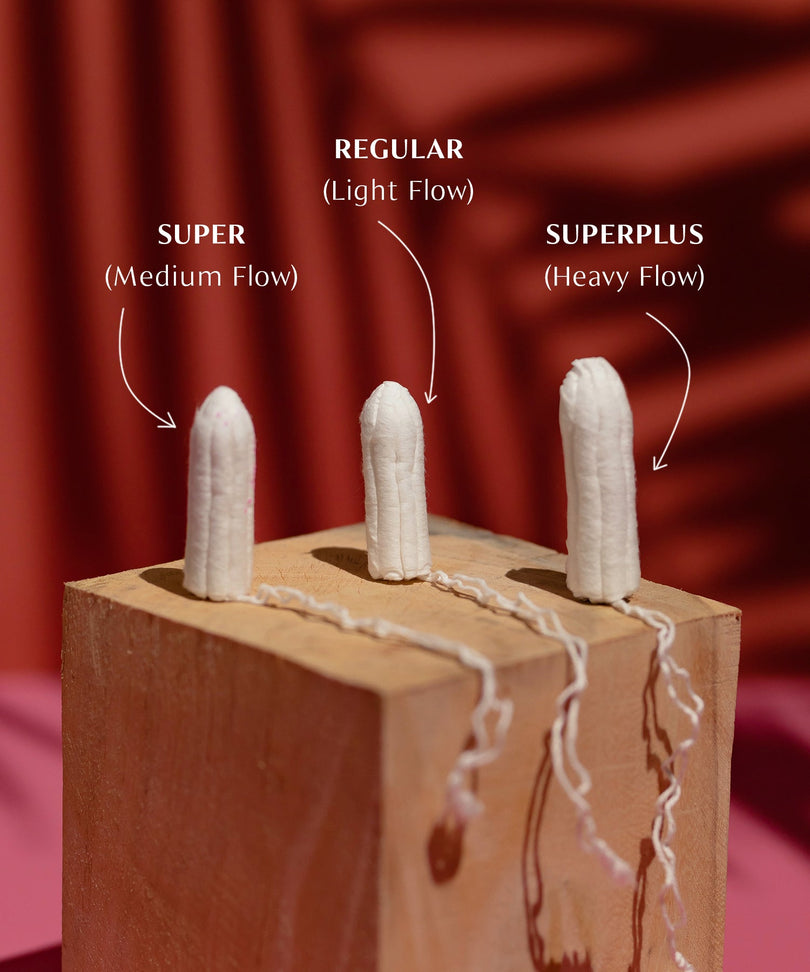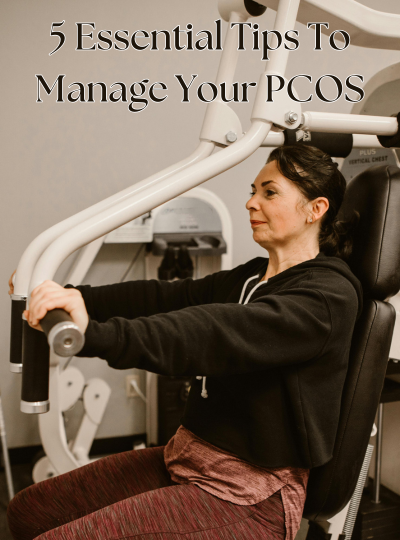How do hormones change throughout the menstrual cycle?
The levels of hormones in your body change according to the phases in the menstrual cycle to enable certain bodily functions such as the restoration of the uterine lining, ovulation and menstruation.
During the follicular phase, which starts from the first day of menstruation, your estrogen and follicle-stimulating hormones (FSH) increase to enable the development of an egg-containing follicle and the restoration of the uterine lining. Your PMS symptoms gradually come to a stop, and once your menstruation ends you may experience more happiness and have a more social attitude. This may arise as the initial increase in estrogen prompts the production of serotonin.
During the ovulatory phase, which is the middle of the menstrual cycle, the further increase in estrogen and a boost in luteinising hormone (LH) prompts ovulation. During your ovulatory period, you may experience an increase in your sex drive. Mood swings and irritability can also be common shortly after the peak of your ovulation phase due to a dip in estrogen.
During the luteal phase, which lasts from after ovulation to your next period, your body prepares for pregnancy and releases progesterone. This rise in progesterone can result in a short-lived improvement in sleep.
As you get closer to menstruation and are not pregnant, the corpus luteum will decline and your estrogen and progesterone levels will dip. This causes a dip in serotonin, increasing the likelihood of experiencing mood changes and anxiety.
Does PMS worsen existing conditions?
If you have any existing medical conditions, your premenstrual symptoms can often worsen the severity of these conditions before the start of your period. This usually affects people with pain disorders, blood disorders, endometriosis, irritable bowel syndrome, and mental health disorders like depression, anxiety and ADHD.
Some patients even complain that their medications don’t help as much as usual during the few days before menstruation. For such patients, keeping track of your menstrual cycle and the severity of your symptoms can help you prepare ahead and inform your doctors accurately.
Menstrually related mood disorders
While in many cases, mood swings are a normal PMS symptom that subside within a few days after you get your period, there are certain mood disorders associated with menstruation in which emotional symptoms are too intense, chronic, or both.
Premenstrual Dysphoric Disorder (PMDD)
PMDD is a more severe version of PMS in which one experiences more intense emotional symptoms which can deeply affect one’s day to day life. PMDD affects about 1.6% of all women. Women with PMDD experience depressive symptoms, anxiety, mood swings, and even suicidality, during the luteal phase of the menstrual cycle.
While the exact cause of PMDD has not been determined, it has been linked with abnormal sensitivities in the brain to changes in estrogen and progesterone and can be treated with SSRI medications. Women diagnosed with PMDD experience minimal to no symptoms between menstruation and ovulation, which can be confusing and distressing to process. Determining whether one is suffering from an ongoing mental health condition will help determine the best treatment plan.
Perimenopausal Depression
Perimenopause is the transition period between regular menstruation and menopause and usually starts during a woman’s mid-40s. This transition period can last anywhere between a few months to a few years. Common perimenopausal symptoms are insomnia, hot flashes, vaginal dryness, and mood problems including irritability, lack of interest, social isolation, and lower energy.
This period makes one susceptible to developing depressive symptoms. Some women may not recognise the reversibility of their mental health symptoms and may interpret them as permanent due to the type of physical changes they’re going through.
Managing mental health symptoms around your cycle
Whether you’re suffering from a menstrual mood disorder, or a mental health condition, or you simply want to improve your mental health the week before your period, it’s important to use these guidelines to better manage your mental health symptoms:
- Track your mood and mental health symptoms over a few menstrual cycles (you can use a period tracker app).
- Maintain healthy lifestyle habits including getting enough sleep, exercising regularly, eating a diet rich in whole foods, and having strong and reliable social connections.
- Practice relaxation techniques that work for you, like deep breathing or meditation.
- Seek out support from friends and family or a professional if your distress is severe and impacting your daily functioning.
- Practice self-compassion and understand to some level, emotional symptoms are a part of the menstrual cycle, and making an effort to distance yourself from stressful situations is a reasonable step.
More to read









